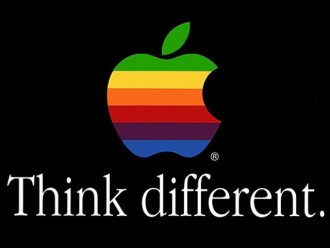 Amazon’s Prime day failed to live up to the hype generated sending a strong message to e-retailers of the dangers of overreaching customers’ expectations.
Amazon’s Prime day failed to live up to the hype generated sending a strong message to e-retailers of the dangers of overreaching customers’ expectations.
Merchants participating in Amazon.com’s much-advertised “Prime Day” sale saw an 80 percent rise in US sales from a year earlier but it appears that the event caused more trouble that it was worth.
The one-day sale on Wednesday for members of Amazon’s $99 per year Prime subscription service is similar to an annual sale by China e-commerce merchant Alibaba.
Wal-Mart panicked and also launched an online sale, fearing that the Prime Day would lose it customers.
Amazon was trying to create a Black Friday frenzy and partly managed it., Amazon did not give detailed sales numbers but said it sold 35,000 Lord of the Rings Blu-Ray sets in 15 minutes and that a Kate Spade handbag was sold out in a minute.
However Amazon shoppers were completely underwhelmed by the experience. Twitter polls show that Prime Day deals were selling out too quickly and complained that deals were not attractive enough.
Other shoppers used the #PrimeDayFail hashtag on Twitter. One user tweeted: “Hey @Amazon, #PrimeDay is not Black Friday in July. It’s April Fools’ in July. #primedayfail”.
Adobe Digital Index said that 50 percent of overall sentiment related to Prime Day on social media was about disappointment.
“Much of the disappointed chatter focused on the lack of blockbuster deals,” it said, adding that users cited sales of less desirable items like socks and towels.
“It was a sale of Amazon’s junk, there was nothing exciting there, and the limited ones which were s were either sold out in seconds,” one irate shopper said. “It was a missed opportunity for Amazon… they should have offered special deals and an across the board discount.”
An Amazon spokeswoman said the retailer was listening to its customers and planned to add more deals like TVs next time.
Wal-Mart launched a three-month online sale of some 2,000 items on Wednesday. The company said customers “shouldn’t have to pay a fee” to get low prices, a dig at Amazon, which it did not name. Deals should be around for more than a single day, a spokesman
 Ubuntu is more than twice as popular on the Amazon cloud as all other operating systems combined, according to a new analysis.
Ubuntu is more than twice as popular on the Amazon cloud as all other operating systems combined, according to a new analysis.














